Israeli Rabbis You Should Know
Here are 10 religious leaders who are having a big impact in a small country
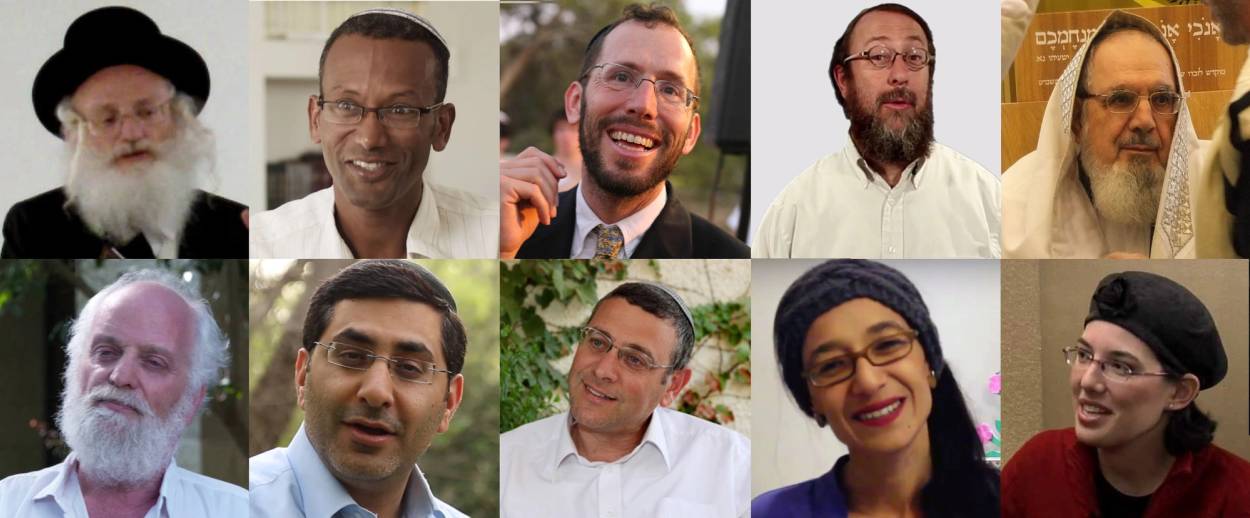



At this time in previous years, Tablet has published a list of unheralded American rabbis who have had an outsized impact on the country’s Jewish life.
This year, we decided to cross the Atlantic and try something a little different.
For 2016’s list, we’ve compiled a collection of Israeli spiritual leaders you haven’t heard of, but should. Our goal wasn’t just to spotlight worthy individuals, however. Israel is brimming with far too many deserving candidates for inclusion. Instead, we set out to provide a panorama of the country’s burgeoning religious life, with all its paradoxes, politics, and promise.
The individuals below are traditionalists and radicals, artists and activists, of the left and of the right. They are men and women, Mizrahim and Ashkenazim, Ethiopian and American, secular and ultra-Orthodox. And though institutional Israeli Jewry skews Orthodox, the list endeavors to highlight emerging forms of non-Orthodox expression as well.
Together, its members comprise the metaphysical mosaic that makes up the state of Israel, and what it means to be a Jew there today.
Tamar Elad-Appelbaum | Yosef Elboim | Benny Lau | Aaron Leibowitz | David Menahem | Yakov Nagen | Nahum Eliezer Rabinovitch | Dr. Jennie Rosenfeld | Sharon Shalom | Shai Zarchi
***
Tamar Elad-Appelbaum
Shepherding a new Judaism in Jerusalem
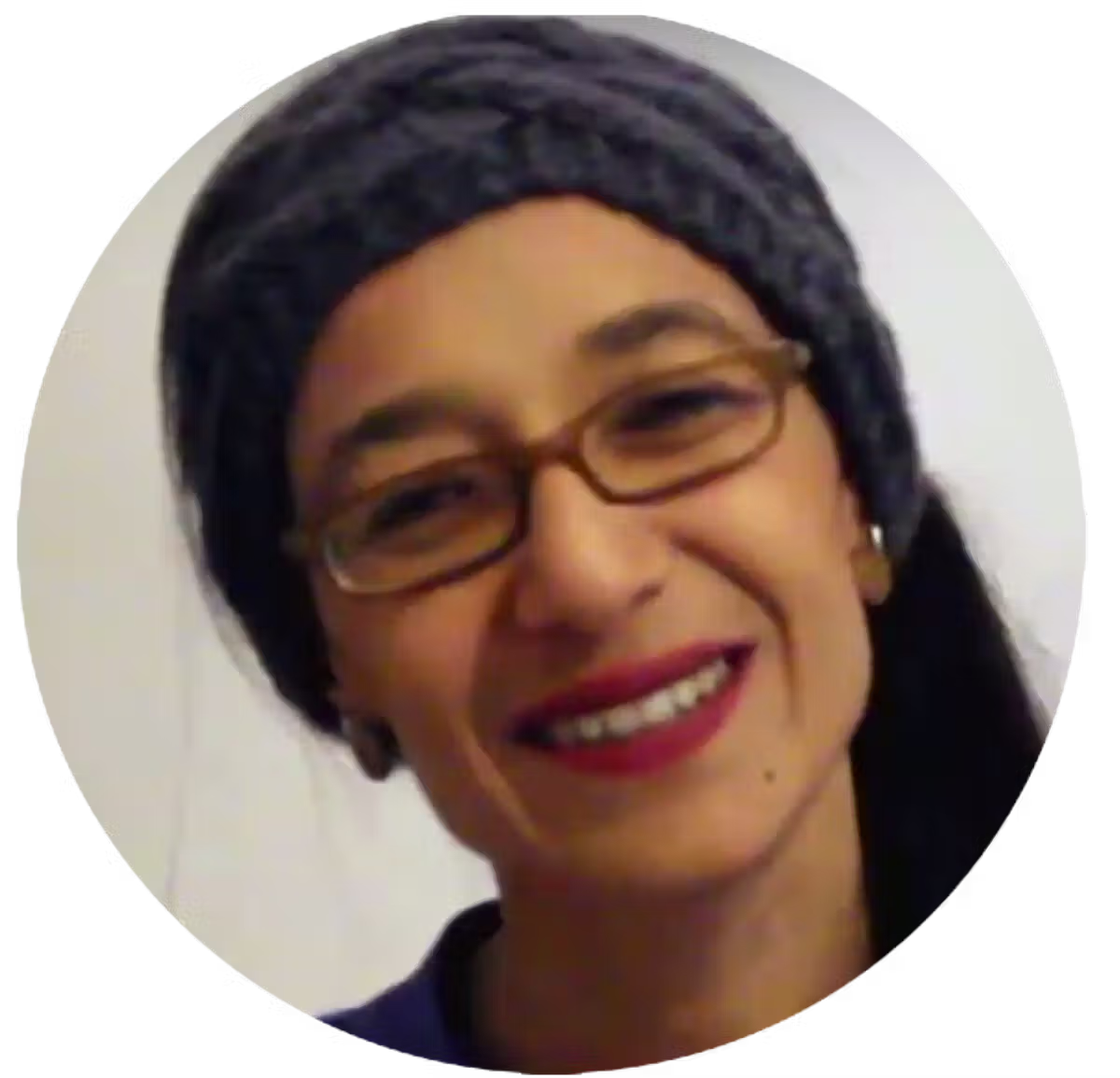
Attend any service of Tzion, a thriving spiritual community in the Jerusalem neighborhood of Baka, and you’ll find one of the more unusual and diverse congregations in the state of Israel. Unlike most houses of worship, which self-sort along religious and denominational lines, Tzion’s attendees span the spectrum from devoutly Orthodox to entirely secular. Many of the community’s prayers and melodies, crafted in collaboration with contemporary musicians and liturgical poets, are original compositions, and reflect both the Sephardi and Ashkenazi traditions.
Tamar Elad-Appelbaum, the trailblazer behind this project, is—like her congregation—a remarkable amalgam of the contemporary Jewish experience. A native Israeli raised in an Orthodox home, she was trained and ordained by the institutions of American liberal Judaism, and now ministers to the religious and secular in the heart of Jerusalem.
Born into a mixed Ashkenazi-Mizrahi family, Elad-Appelbaum was ordained by the Masorti Machon Schechter in Jerusalem, then served as assistant rabbi to Conservative luminary Rabbi Gordon Tucker in New York. In 2013, Elad-Appelbaum founded Tzion to fill a spiritual void for Israel’s rising young generation seeking a pluralistic, humanistic Judaism.
Rabba Tamar, as she is known by her many disciples, is also heavily involved in Jerusalem’s charged interfaith scene. During the height of hostilities in Gaza in 2014, she partnered with a local Muslim religious leader to author a Hebrew and Arabic prayer for peace. This past summer, she helped launch an interfaith worship center for Muslims, Christians, and Jews in the holy city, in the hope that faith might transcend the divisions of politics.
“We call our community Zion with deep belief that this is the destiny of Zionism, and always has been: that Jews come back to the land of Israel, after walking through all cultures and nations and pains, so we can care for humanity as a whole,” she said in 2013. “We call ourselves Zion despite the temptation to despair of Zionism, Jerusalem, and the state of Israel. Who are we to despair so fast? After only 60, 100 years? We, who have reason to despair, refuse to despair.”
***
Yosef Elboim
Ultra-Orthodox Temple Mount activist
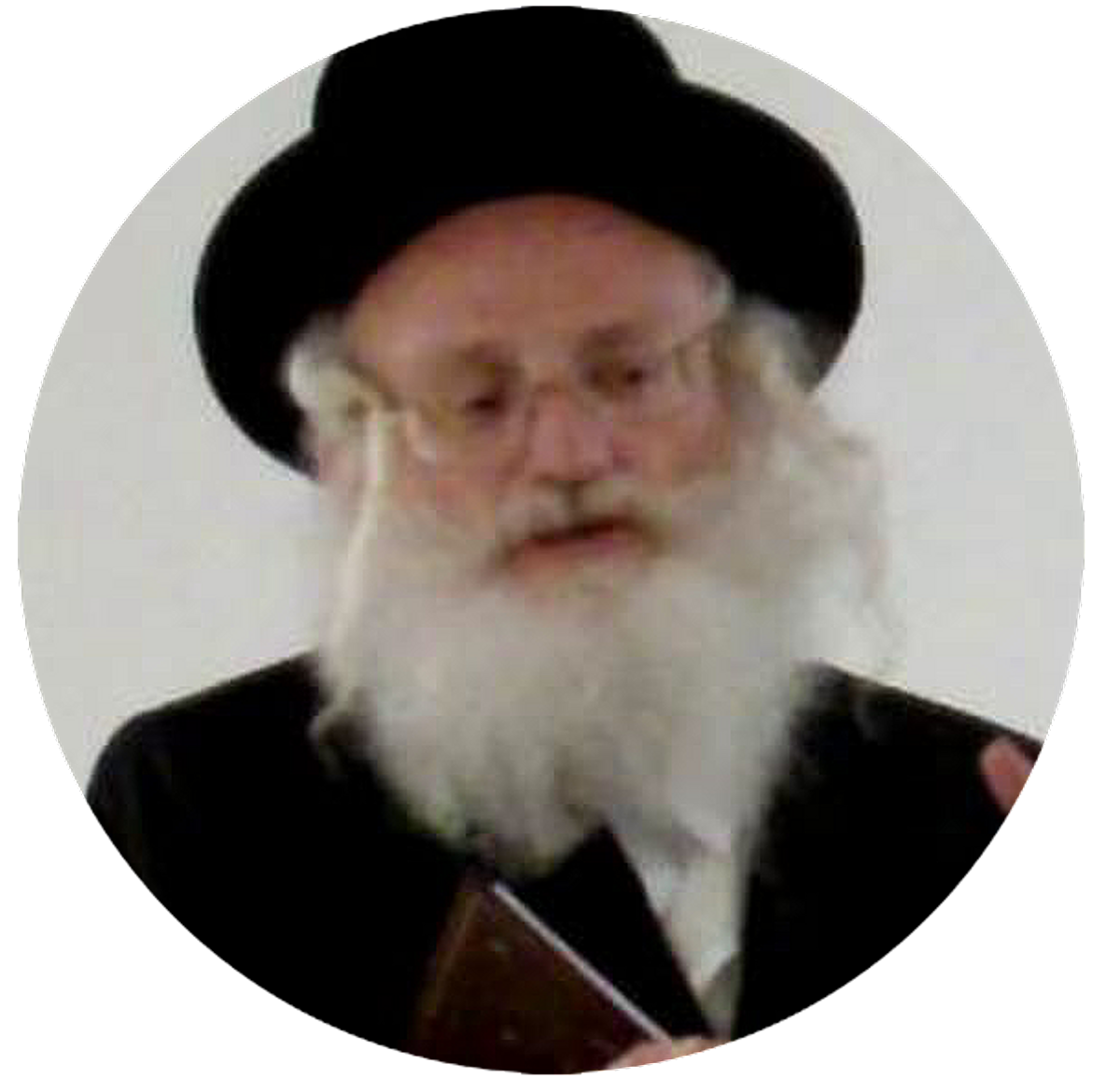
While the religious Zionist community in Israel is notoriously split over whether it is permitted to visit the Temple Mount, Judaism’s holiest site, the haredi position has always been monolithic: Entrance into the noble sanctuary is prohibited by Torah law, and the reestablishment of the Jewish Temple there must wait until the coming of the Messiah. In light of this, it is altogether remarkable that a rabbi from the Belz Hasidic sect has broken ranks and begun calling for Jewish visitation and prayer at the holy site and the construction of the third Temple forthwith.
In The End of Days, Gershom Gorenberg’s 2000 book on religious fundamentalism and the Temple Mount, an eccentric 13-year-old Yosef Elboim is described as having taken for granted that the Temple would be immediately rebuilt after Israel captured the site in the Six-Day War. “A few months went by, and nothing moved,” he said. “I figured there were committees, plans.” When the Temple didn’t materialize, the indefatigable Elboim began to pour his efforts into education and lobbying for its construction, and to this day he conducts group tours around the site, pointing out where various features of the ancient edifice once stood, in hopes of strengthening the Jewish presence and connection there.
The bizarre sight of a long-coated and side-locked Hasid leading tours around the Dome of the Rock has been enough to cause indignant demonstrations outside the rabbi’s house and trigger an ultimatum from the Belz Hasidic leadership. No stranger to backlash, an unfazed Elboim has amassed a growing following in recent years, and, whatever one’s politics, represents a fascinating blurring of socio-religious boundaries in Israel whose ultimate effects have yet to be seen.
***
Benny Lau
The lion of liberal Orthodoxy

Last summer, Israel was rocked by the murder of Shiri Banki, a 16-year-old who was stabbed to death by an ultra-Orthodox extremist at the Jerusalem gay pride parade. The Saturday night after her killing, twin rallies were held in Tel Aviv and Jerusalem to call for tolerance. They were addressed by such dignitaries as Israeli president Reuven Rivlin, his predecessor Shimon Peres, and one Orthodox rabbi.
“We must free the Torah of Israel from the handcuffs that she has been bound in by people of darkness,” Benny Lau told the Jerusalem assembly. “The Torah is a Torah of light, and Judaism must illuminate the world.”
Lau serves as the spiritual leader of the Ramban Synagogue in South Jerusalem, an eclectic religious Zionist congregation. The author of many popular and scholarly books, Lau holds a Ph.D. in rabbinic thought from Bar-Ilan University. His Saturday afternoon lectures on the Talmud and Tanakh draw hundreds each week. His uncle is former Israeli Chief Rabbi Yisrael Meir Lau. His cousin is the current Ashkenazi chief rabbi, David Lau.
As he did that night in Jerusalem, Benny Lau has worked tirelessly to bridge the disparate and divided sectors of Israeli society—liberal and conservative, religious and secular—and bring Jewish ideas to bear in the public discourse. He directed the Human Rights and Judaism in Action Project at the Israel Democracy Institute. He spearheaded a $12 million project called 929, aimed at fostering national study of the Bible among the country’s religious and non-religious alike, partnering with artists, intellectuals, and political figures. His Orthodox congregation is the only one in Jerusalem where one can find secular luminaries like author A.B. Yehoshua lecturing on Shavuot alongside rabbis and traditional scholars.
Celebrated secular Israeli author Etgar Keret wrote for Lau’s 929 project after meeting with him and being inspired by his vision. “The fact that he has a yarmulke doesn’t mean that he cannot be a liberal or fight for equality in Israel,” Keret said, “and the fact that I don’t have one doesn’t mean that I should be afraid to give my readings to a verse in the Bible.”
***
Aaron Leibowitz
Founder of the “Hashgacha Pratit” alternative kosher supervision
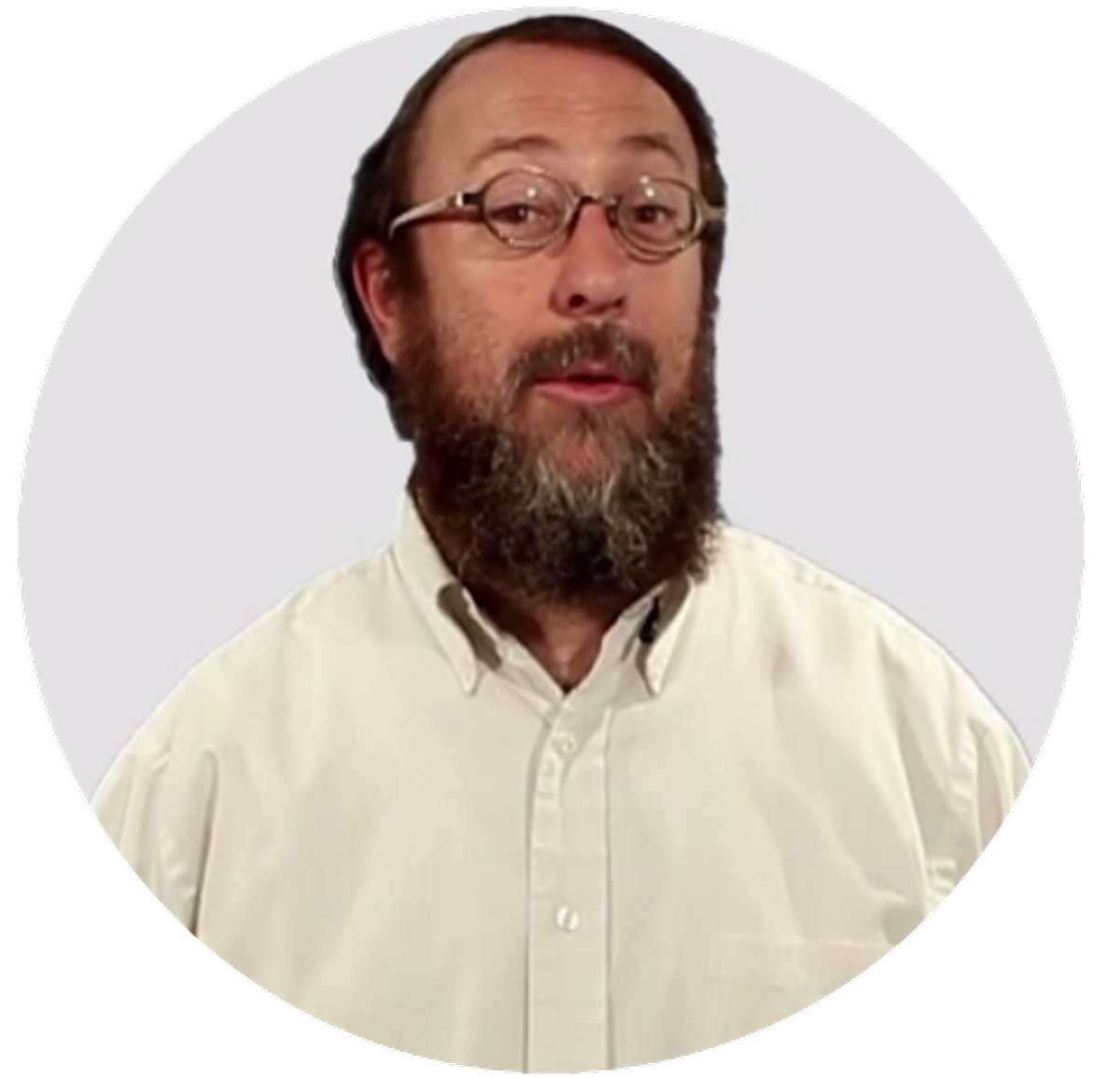
Appropriating Israeli rock icon Shalom Chanoch’s 1985 hit “Waiting for the Messiah,” with its refrain of “mashiach lo ba” (the Messiah isn’t coming), Israelis indignant over corruption and incompetence in the chief rabbinate’s kosher supervision have taken to proclaiming: “Mashgiach lo ba!” (the kosher supervisor isn’t coming). Anecdotes of non-supervision in practice, coupled with exorbitant fees and unreasonable demands on restaurateurs, have led many, particularly in Jerusalem, to seek alternatives to the government’s kashrut monopoly, overseen by the ultra-Orthodox chief rabbinate.
Enter Rabbi Aaron Leibowitz, resident of Jerusalem’s picturesque Nahlaot neighborhood and head of the Sulam Yaakov beit midrash there. In 2013, together with educator Chaya Gilboa and academic Asaf Zeiderman, Leibowitz founded Hashgacha Pratit, a nonprofit, community-based, kosher-supervision organization. The group bills itself as working in accordance with Jewish law and based on a model of communal trust, rather than top-down diktats.
Although Israel’s 1983 Law Against Kashrut Fraud forbids organizations not certified by the chief rabbinate to present themselves as kosher, Hashgacha Pratit has been able to enlarge its base to over 20 restaurants in four cities by employing loopholes in the law, with restaurants presenting themselves as “under supervision,” without using the word “kosher.”
The organization was dealt a harsh blow in June when Israel’s High Court of Justice ruled that such actions violate the law, but Leibowitz presses on. The organization reiterated in a statement after the ruling that “we will not abandon the public to the hands of the rabbinate and will continue to provide quality kashrut services to Israeli citizens.”
***
David Menahem
A leader of the Israeli piyyut renaissance

When average Israelis of the younger generation hear the name of Judah Halevi or Solomon Ibn Gabirol, great poets of the Jewish Andalusian golden age, they are more likely to imagine a drab high-school classroom than their favorite musicians. At least, that was the case until a few years ago, when the gauntlet of medieval Jewish poetry began to be taken up by pop stars such as Etti Ankri and Berry Sakharoff, as part of a widespread Jewish cultural revival that has increasingly blurred the barriers between secular and religious.
At the forefront of this renaissance stands Rabbi David Menahem. The scion of an Iraqi family notable for its poetry and mysticism, Menahem was brought up in a Sephardic ultra-Orthodox milieu, and in his childhood breathed the piyyut—Jewish liturgical poetry—and music of the East. As he grew up, he gravitated toward the Ashkenazic Religious Zionist world of Rabbi Abraham Isaac Kook, beginning to build the cross-cultural bridges that would become so characteristic of his adult career.
Menahem found his way into the public eye almost by accident, when an acquaintance heard him sing at a family Hanukkah party and invited him to appear at the Jerusalem International Oud Festival, dedicated to traditional Oriental-Jewish music. Since then, Menahem has been breathing new life into the all-but-forgotten Jewish liturgical musical and poetic arts. He has lectured to raise awareness of the field’s rich history, while at the same time actively reinventing the ancient art form for consumption by modern audiences.
Today, in addition to serving as a synagogue rabbi in Jerusalem, Menahem teaches classes on piyyut to religious and secular Israelis, performs at music festivals and concerts, and records with popular Israeli artists such as Kobi Oz and Shlomi Shaban. What’s more, the Arabic musical themes and style inherent in Menahem’s piyyut tradition provide fertile ground for interfaith activity between Jews and Muslims, in which Menahem is deeply involved. As he remarked to an Israeli reporter: “Music holds something that can heal the conflict, to break down walls and bring us closer.”
***
Yakov Nagen
Settler interfaith activist
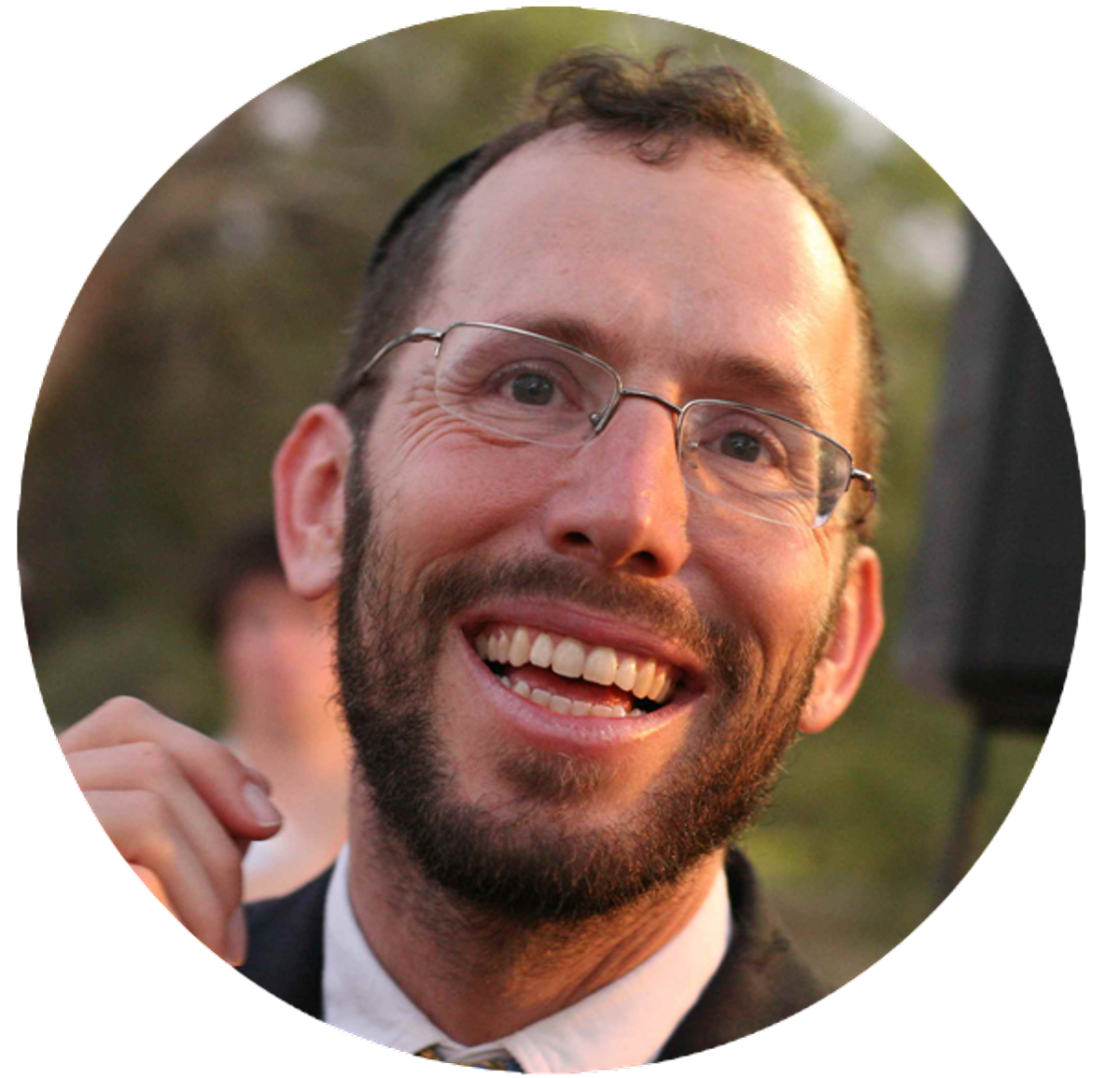
Since the passing of the memorable Rabbi Menachem Froman in 2013, a settler rabbi who sought reconciliation with his Palestinian neighbors through interfaith dialogue, his torch has been taken up by others. Rabbi Dr. Yakov Nagen, a New York native and graduate of Yeshiva University who now teaches in the Otniel Yeshiva deep in the West Bank, has in recent years turned with a warm embrace toward his Palestinian neighbors. Recognizing that religion has become a chief axis of tension between Jews and Muslims in the region, Nagen, an author of several books on Torah and spirituality, has come to the conclusion that religion must be part of the solution: “I believe the religious human encounter is the key to everything. When I meet a Palestinian and see how much he loves God—the same God I love—all the barriers fall,” he told a reporter.
Nagen’s close and repeated contact with Palestinian Muslims has led him to insights unusual for one socially at home on the Israeli religious right. He advocates a federative one-state solution to the Israeli-Palestinian conflict with equal rights for both peoples, in which the national narratives and symbols of each are recognized and celebrated. He has been a chief organizer of interfaith events throughout the southern West Bank, convening a joint Jewish-Muslim prayer vigil in the Etzion bloc after the Jewish extremist murder of a Palestinian family in Duma, and arranging clandestine meetings between high-profile Jewish and Muslim religious leaders. This activism reached new heights earlier this year, when Nagen took a fraught trip to Cairo, where he was hosted at the Al-Azhar Islamic University by Islamic scholar Omer Salem to discuss Judaism.
Nagen sees no contradiction between the neighborhood he has chosen to live in, with all its tensions and violence, and his political activism. As he put it in 2014: “The crisis point is the starting point; the fact that I live in the Hebron Hills, and that my students were murdered in the dining hall here, or along the road. The fact that evil and killing exists—that’s the starting point.”
***
Nahum Eliezer Rabinovitch
The halakhic powerhouse behind a challenge to Israel’s conversion regime
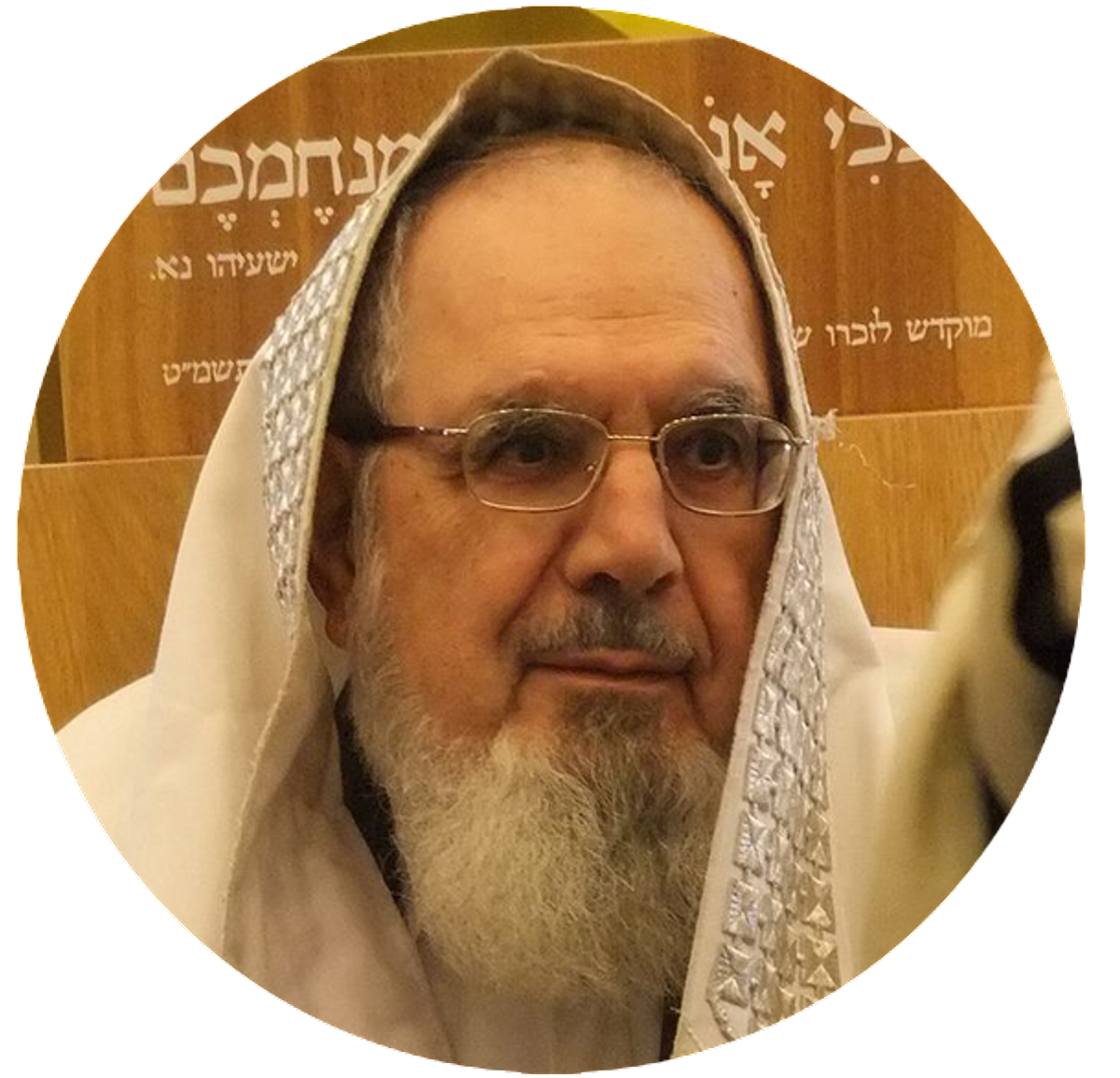
With a long and notable career already in hand, the octogenarian Rabbi Nahum Rabinovitch is certainly this list’s old-timer. He has served with distinction as a congregational rabbi in America, and for decades headed such prestigious institutions as Jew’s College in London and the Israeli Yeshiva of Maale Adumim.
Rabinovitch distinguished himself in the world of Jewish legal scholarship with his monumental Yad Peshuta, an in-depth commentary on Maimonides’ comprehensive codex of Jewish law, the Mishneh Torah. An avid supporter of the settlement movement, Rabinovitch was a source of political friction against the Israeli government during the Oslo years, but recently, his disinclination to take state policy as holy writ has taken a new and interesting turn. After the defeat of Rabbi David Stav in the race for chief rabbi in 2013 dashed hopes of reforming the state chief rabbinate’s unyielding and deeply restrictive guidelines for conversion to Judaism, Rabinovitch teamed up with Stav and Efrat’s Rabbi Shlomo Riskin to found the new non-governmental Giyur ke-Halakha conversion court.
According to its website, Giyyur ke-Halakha’s aim is simple: “to solve the conversion crisis in Israel.” This is shorthand for the challenge of enabling thousands of immigrants to Israel, largely from the former Soviet Union, who are Jewish culturally and nationally but not according to Jewish law, to join the fold in the latter sense as well, allowing them to marry and be buried according to the Orthodox rites predominant in the country. As the head of the court, Rabinovitch is its arbiter on points of Jewish law, and his halakhic bona fides give the project a gravitas among Israel’s Orthodox establishment, even among those who oppose the program.
The court has its work cut out for it: Already with its hands full of conversion candidates, it will have to decide how best to respond to the ultra-Orthodox chief rabbinate’s refusal to honor its conversions and perform marriages for its converts. Only time will tell if Rabinovitch and his colleagues intend to take their protest to the next level and begin to perform extra-governmental marriages as well, a measure already criminalized by a rabbinic establishment jealously guarding its monopoly over matters of personal status.
***
Dr. Jennie Rosenfeld
First Orthodox female communal religious leader in Israeli history
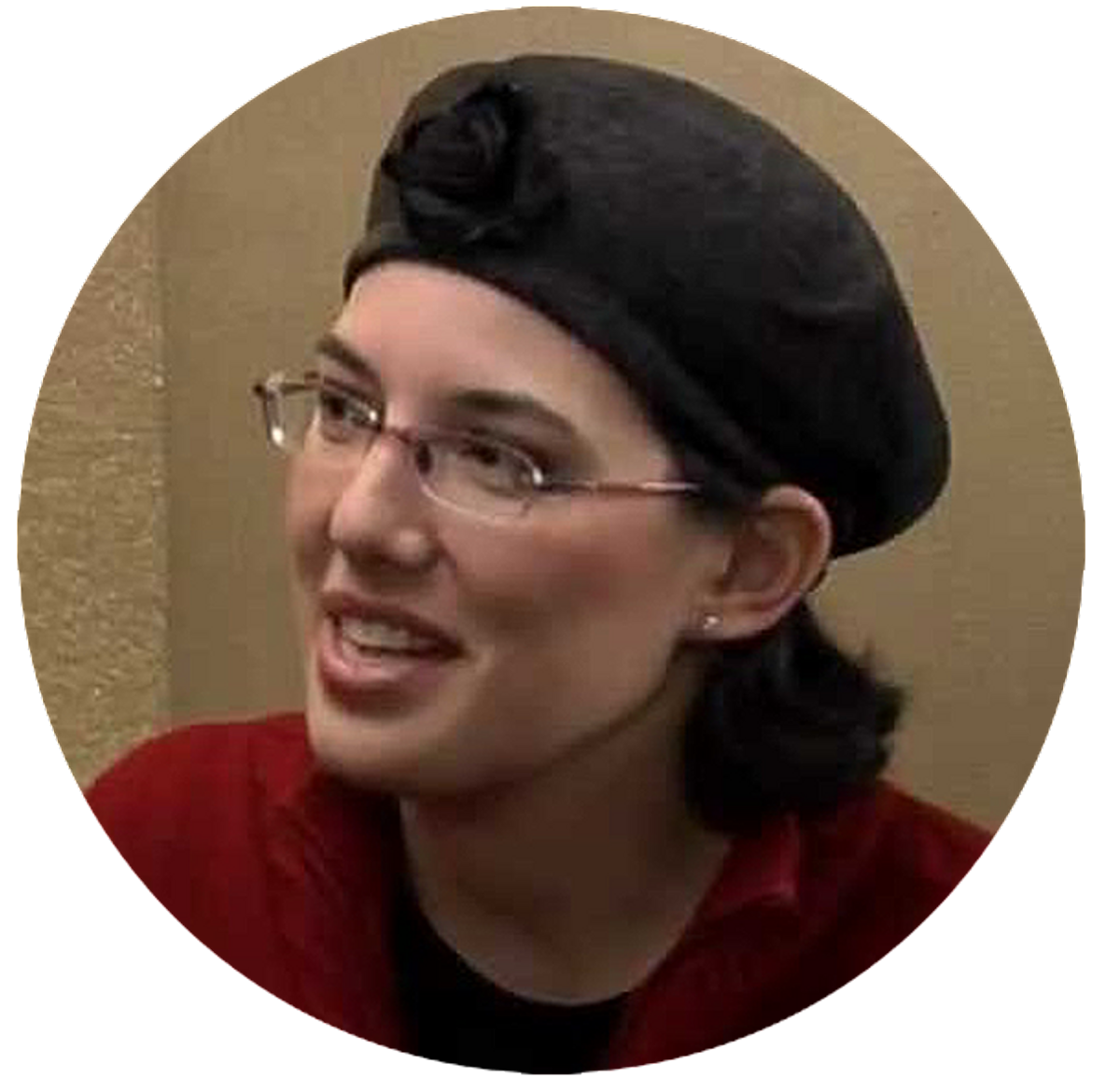
Because community rabbis in Israel are state employees, and the ultra-Orthodox enjoy a monopoly over state religious institutions, communal rabbis in official capacity in Israel have always been men. That changed in 2015, however, when Rabbi Shlomo Riskin of the settlement of Efrat tapped Dr. Jennie Rosenfeld as a new spiritual leader for the town, available for consultation on matters of spiritual guidance and religious law.
A graduate of Yeshiva University, Rosenfeld holds a Ph.D. in English from the City University of New York Graduate Center, and is enrolled in the Susi Bradfield Women’s Institute for Halakhic Leadership at Midreshet Lindenbaum. She is the author, with David Ribner, of The Newlywed’s Guide to Physical Intimacy, a primer geared toward Orthodox couples. The population of Efrat, which includes a large number of immigrants from English-speaking countries, consults with Rosenfeld not only about marriage and sexuality, however, but on all topics related to Jewish life cycle and law.
Rosenfeld noted to the Jerusalem Post that while she serves the whole community, the appointment of women in community rabbinic roles should have a great impact on lay women in particular: “Women are 50 percent of the community and there are questions which women are less comfortable asking men, not just in the field of family purity but relating to children’s education, marriage, divorce, and other issues.” Because of the sensitive nature of the appointment, Rosenfeld is not a recipient of a government salary or even recognized by the chief rabbinate as a rabbi. Instead, her post is supported by private donations solicited by Rabbi Riskin.
***
Sharon Shalom
Israel’s first ordained Ethiopian rabbi
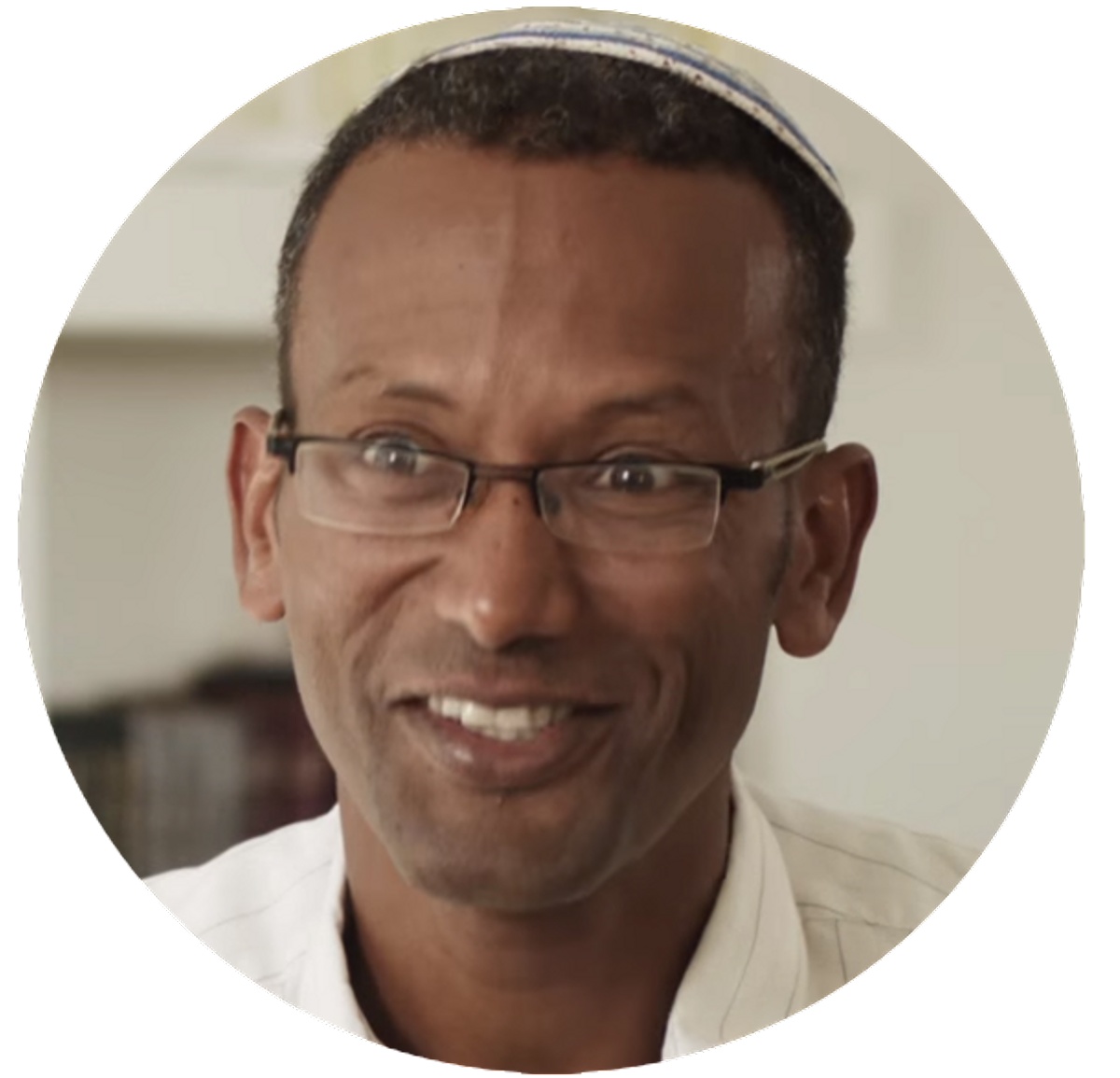
In 1982, when he was just 9 years old, Sharon Shalom left his family in Sudan and was covertly evacuated by Israel’s Mossad to Jerusalem, alongside thousands of members of his Beta Israel community fleeing persecution and famine. Today, he is the rabbi of Kiryat Gat, a mixed religious-secular community in southern Israel, and the first ordained Ethiopian rabbi in the country’s history.
Shalom’s remarkable journey took him through an orphanage in Afula, a unit in the Israeli army, a Ph.D. in Jewish philosophy, and years of yeshiva study. Needless to say, it was not without its challenges. In Ethiopia, “everything we did was directed toward one day being in Jerusalem, but customs in Ethiopia were different to those I discovered in Israel,” he recalled. “We celebrated Rosh Hashanah for one day, not two, and Ethiopians ate hummus to clean the stomach three days before Pesach. There were also different interpretations of laws for Shavuot and Yom Kippur.”
To enable these customs to take their rightful place in Israel’s spiritual and cultural panorama, Shalom has authored a Jewish legal guide to integrating Ethiopian religious traditions into broader Jewish communal life.
As an Orthodox rabbi of a largely Ashkenazi community, many of them Holocaust survivors, Shalom himself is a symbol of that integration, even as Ethiopian Israelis still struggle against persistent social and economic inequality, as well as police violence. Shalom has taken those obstacles as a charge, telling a reporter, “God sent me from Sudan. I felt the challenge and have tried to help change society in Israel.”
***
Shai Zarchi
A secular rabbi for secular seekers
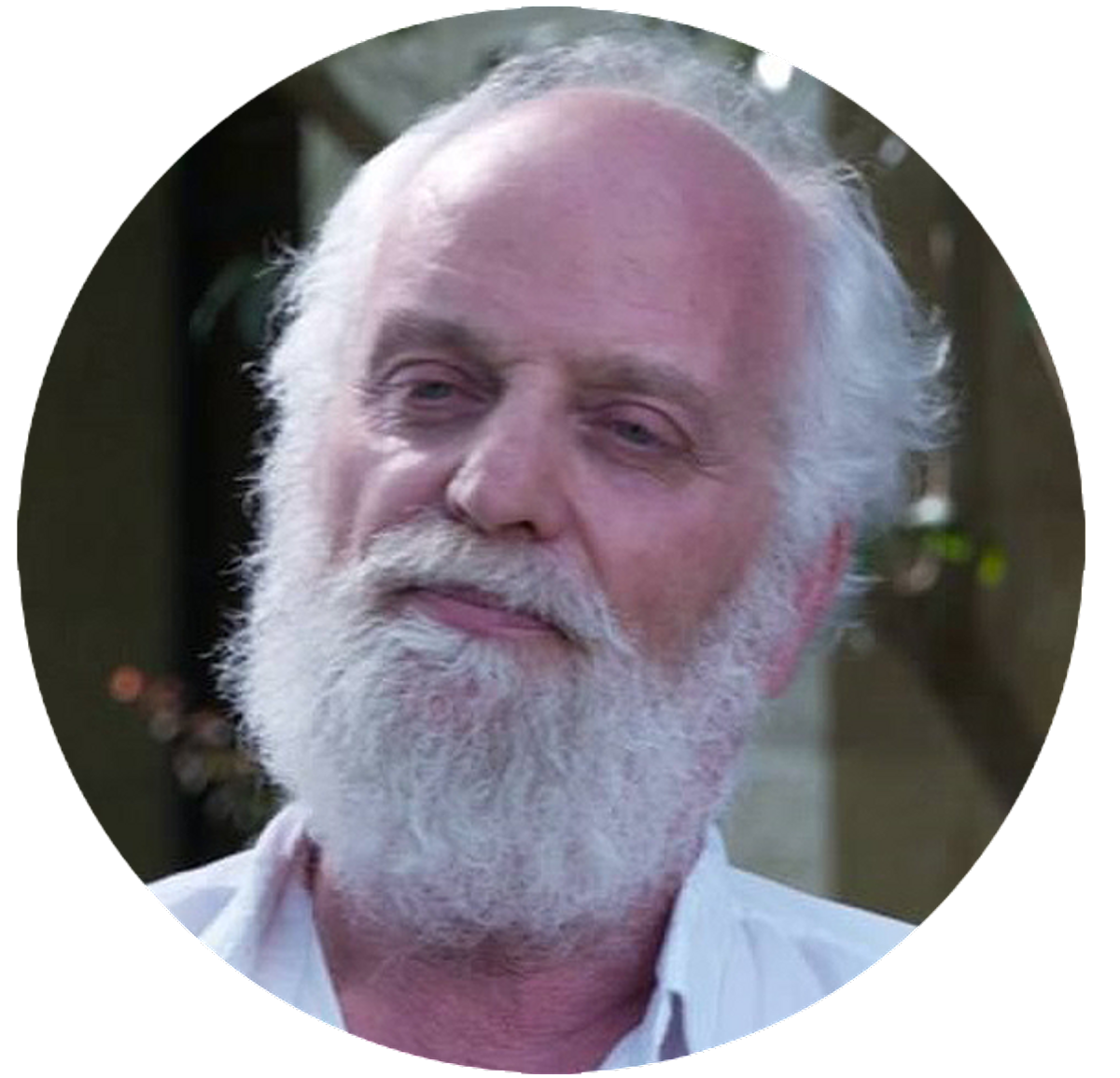
It’s no secret that the predominant religious idiom in Israel has long been Orthodox. A 2012 study found that 69 percent of Israeli Jews have never attended a religious ceremony or prayer service in a Conservative or Reform synagogue. Just 4 percent said they attended such gatherings “regularly” or “frequently.” Instead, secular and traditional Jews have tended to view Orthodoxy as the arbiter of authentic religious observance. Until recently, that is.
Today, new indigenous forms of non-Orthodox Jewish expression have begun to emerge, and the past two decades have witnessed a secular Jewish renaissance in Israel. Pluralistic batei midrash, or study houses, have popped up everywhere from Jerusalem to Tel Aviv. In them, religious and secular Jews come together to grapple with traditional Jewish texts on their own terms. One leading light of this movement, Dr. Ruth Calderon, famously delivered a Talmudic discourse as her maiden speech in the Knesset. Other teachers in the movement are working to craft a non-Orthodox form of rabbinic ordination, Semikha Yisraelit. In a watershed moment, the Israeli government even began funding non-Orthodox rabbis for the first time in 2014.
At the forefront of these trends has been a silver-haired secular sage named Shai Zarchi. For decades, he has guided thousands of seekers, giving them the Jewish knowledge and tools to integrate Judaism into their lives. In 1989, he helped found the Midrasha at Oranim, one of the first pluralistic study houses in Israel. There, he crafted secular versions of traditional rituals, from Shabbat services to life-cycle events, and turned a fringe phenomenon into a movement.
Today, Zarchi serves as the spiritual leader of the Niggun HaLev secular community in Moshav Nahalal and teaches across Israel, including at the liberal Orthodox yeshiva Maale Gilboa. He is one of the first few non-Orthodox rabbis to receive funding from the state, and co-directs with Tamar Elad-Appelbaum the new Ordination Program for Israeli Rabbis, which aims to educate pluralistic communal rabbis.
For Zarchi, the key questions for Israeli society today are: “How do we live Jewish lives in an independent Jewish state?” and “When they are so many streams of Judaism, how do we live together?”
“We are not exactly this or that anymore,” he says of the Jewish community. “We are something more complicated.”
“I am traditional, secular, and more.”
***
Like this article? Sign up for our Daily Digest to get Tablet Magazine’s new content in your inbox each morning.
Yair Rosenberg is a senior writer at Tablet and the editor of the English-language blog of the Israeli National Archives. Follow him on Twitter and Facebook. Yedidya Schwartz is an Israel-based rabbinical student and translator. He holds a BA in philosophy and Near Eastern studies from Yale University.